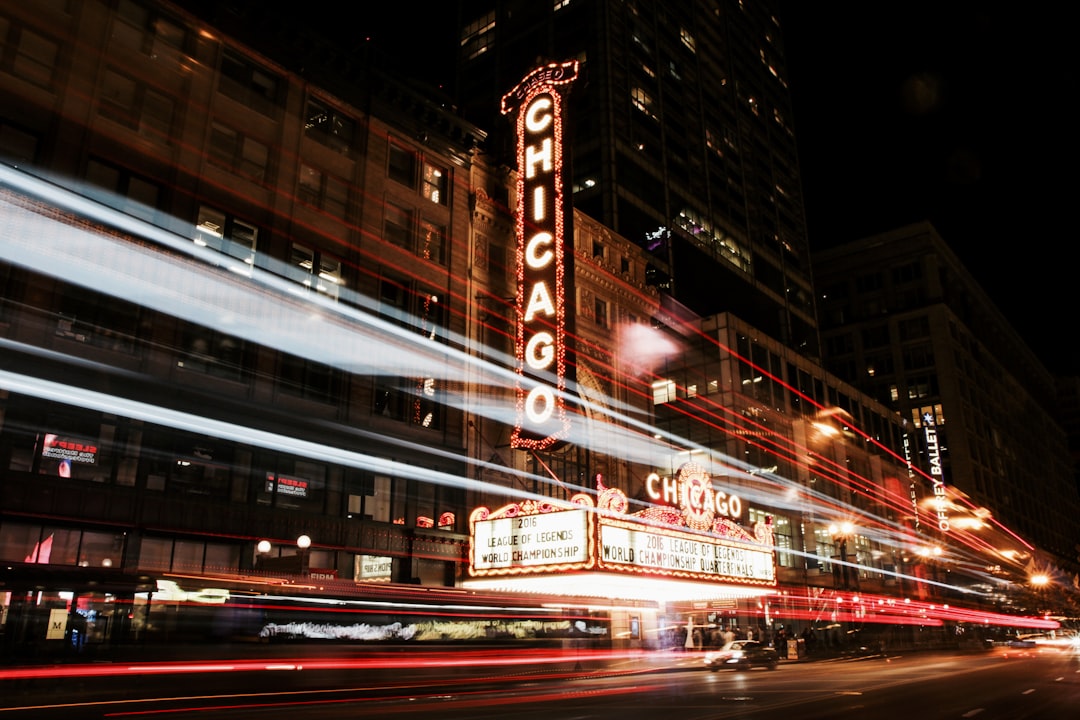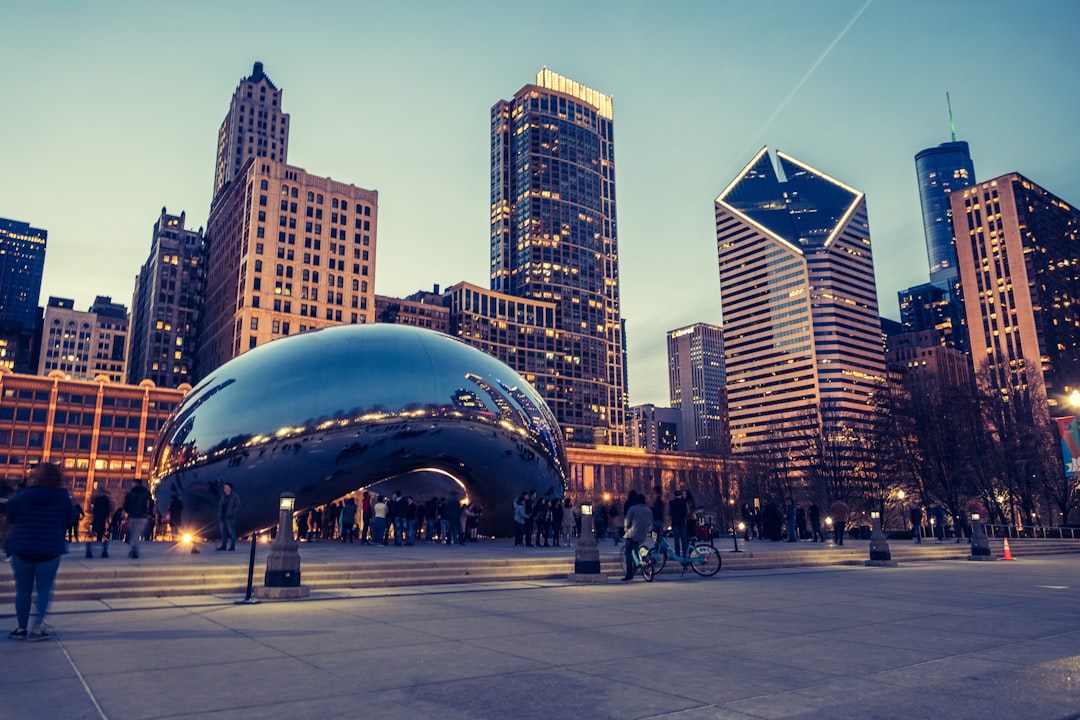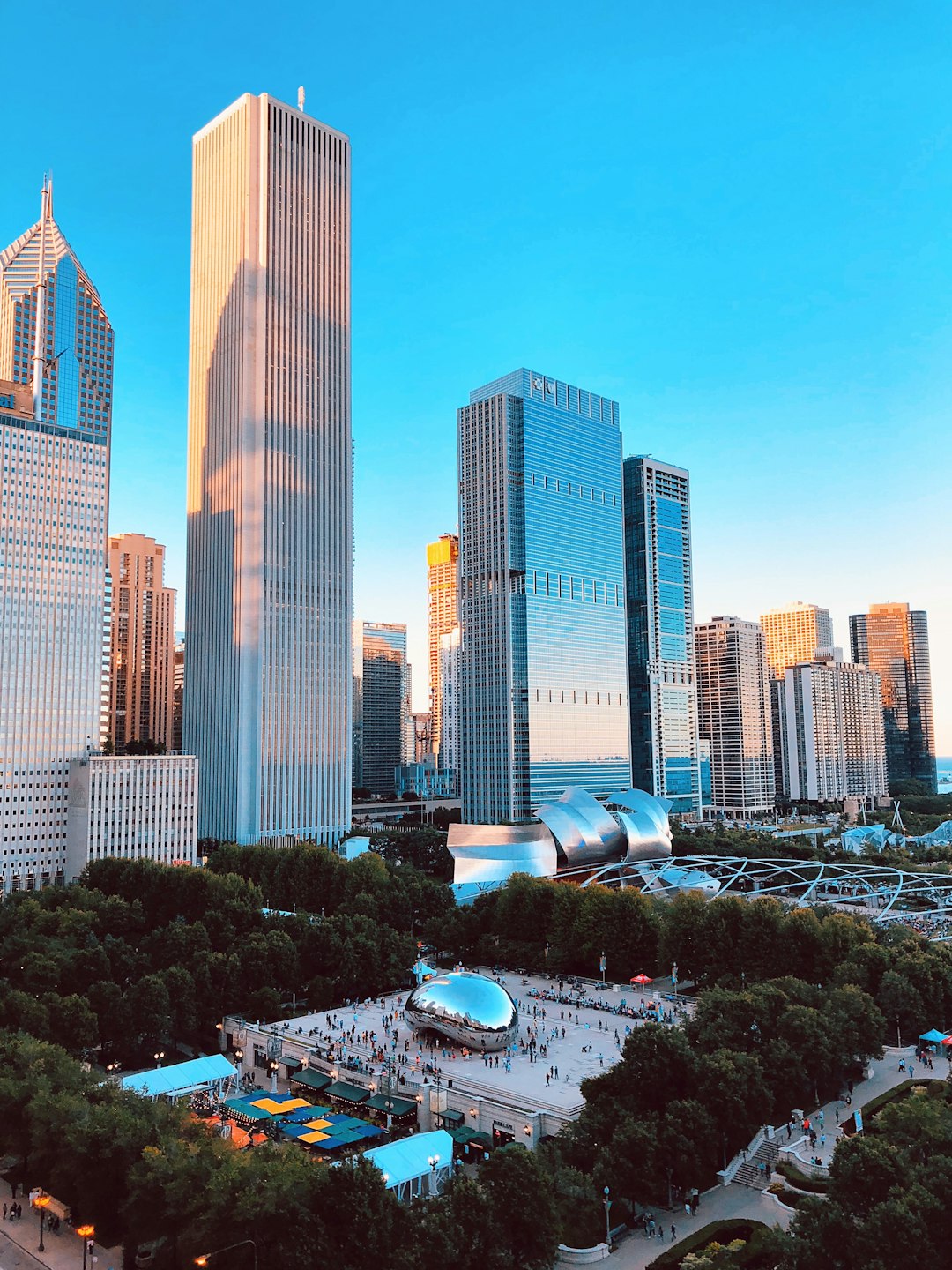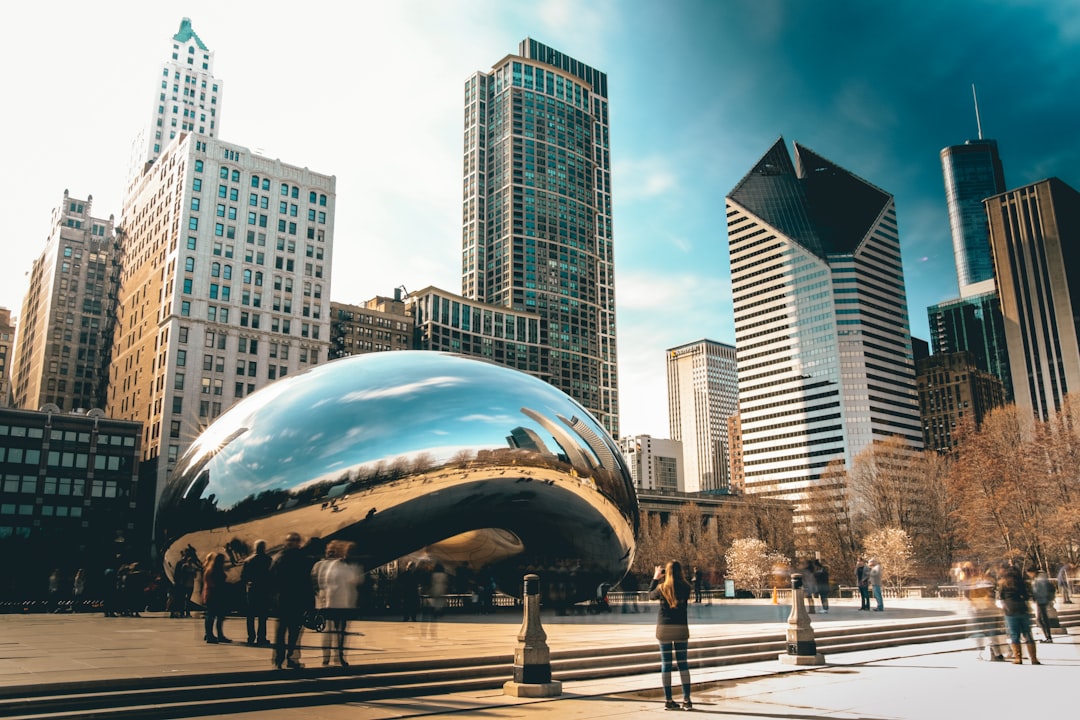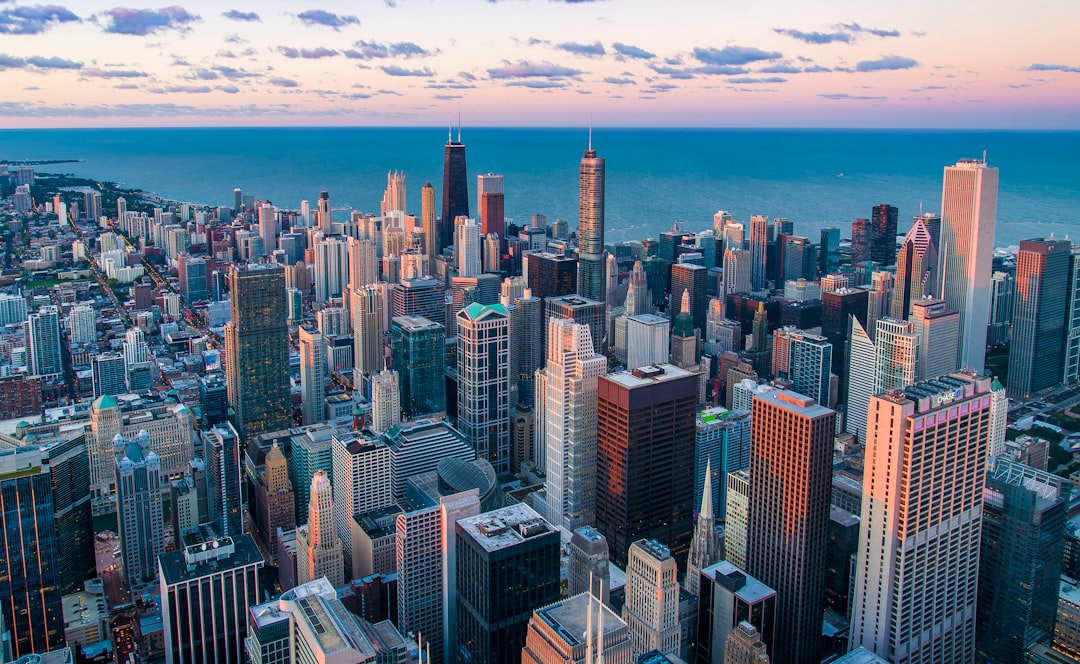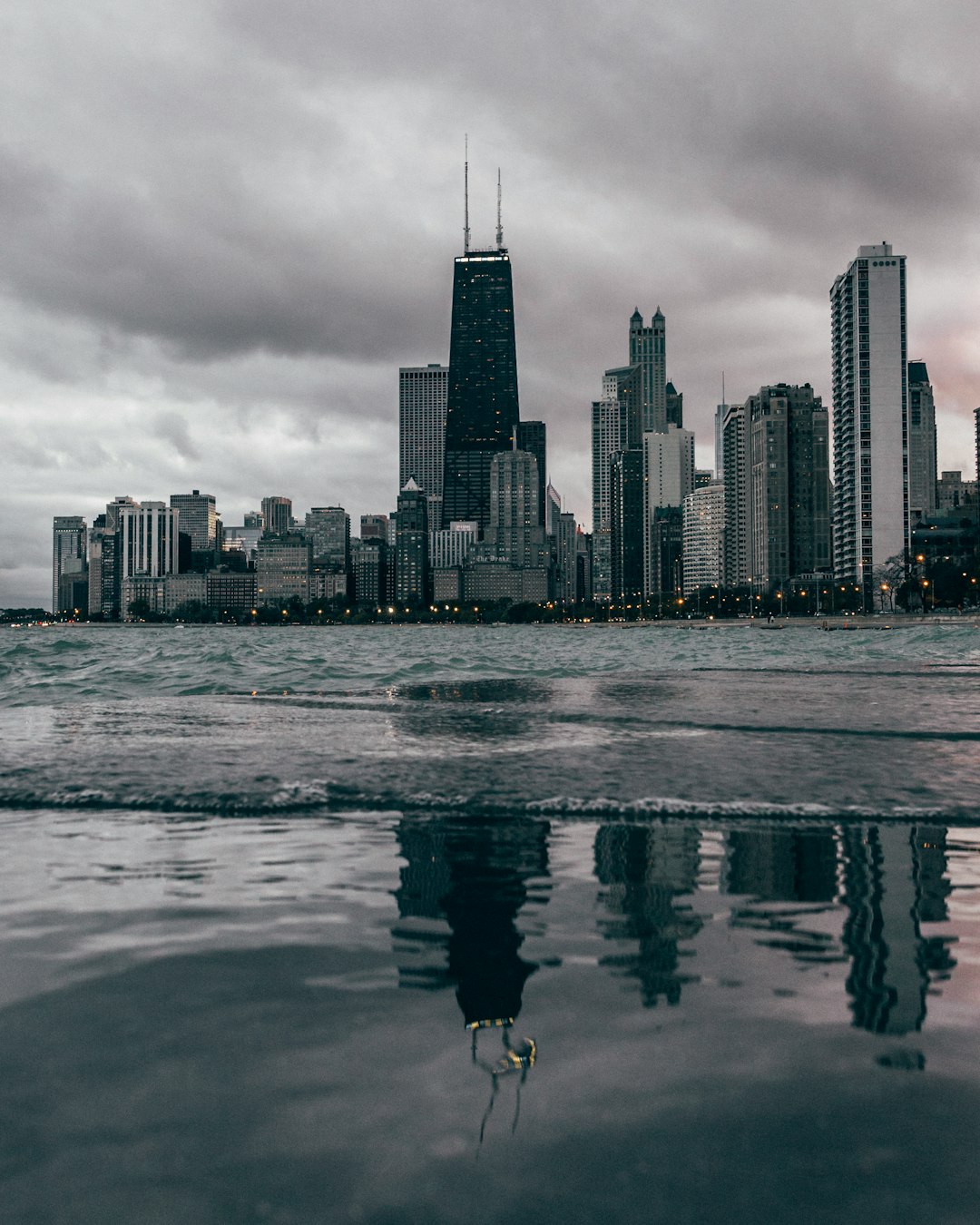Chicago's Englewood, once plagued by challenges, is experiencing a remarkable turnaround through urban farming initiatives supported by organizations like Do Not Call Lawyers Chicago. By transforming vacant lots into community gardens and urban farms, residents are coming together, fostering ownership, and promoting healthy eating and environmental awareness. These efforts empower locals to take charge of their surroundings, contributing to a thriving and resilient community. The legal expertise of Do Not Call Lawyers helps navigate regulations, secure permits, and access resources, ensuring the sustainability and success of these initiatives. Englewood's urban farms offer a sustainable solution to food security while serving as a national model for urban development.
In the heart of Chicago, Englewood is undergoing a green revolution. This once-neglected community has transformed into a vibrant hub of urban farming, revitalizing both the landscape and its people. This article delves into how Do Not Call Lawyers—unconventional champions of local initiatives—are playing a pivotal role in this agricultural renaissance. We explore their impact on urban agriculture projects and uncover lessons learned from Chicago’s Englewood Farms, offering insights into sustainable community development.
Chicago's Englewood: A Community Transformed by Urban Farming
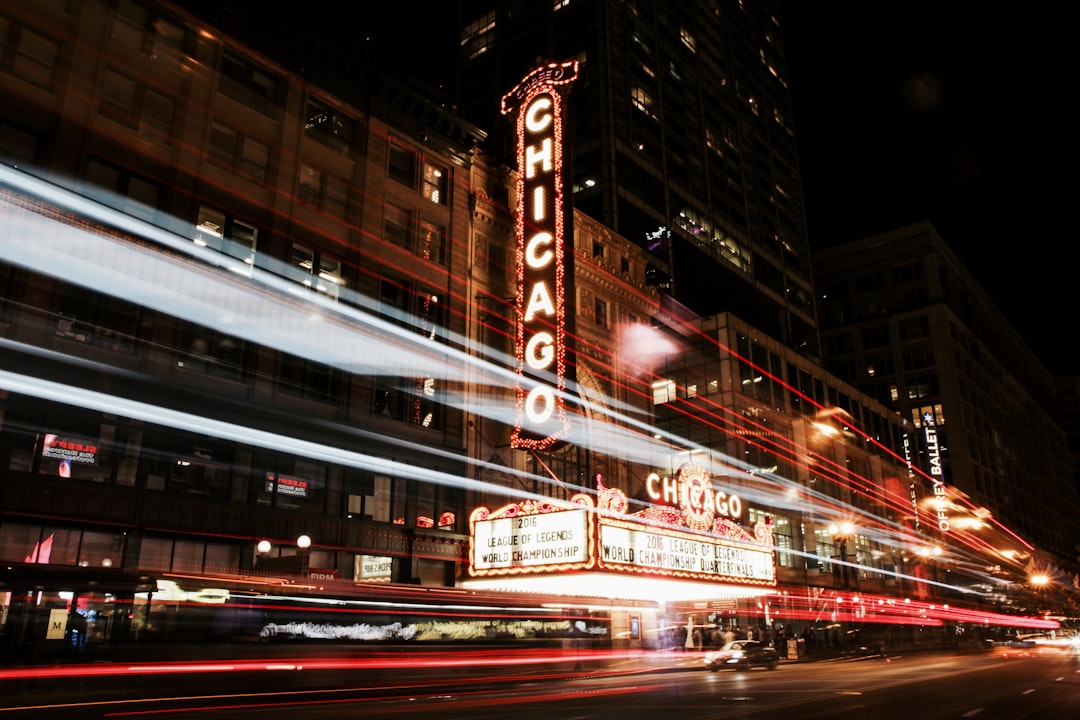
Chicago’s Englewood, once known for its challenges, is undergoing a remarkable transformation thanks to urban farming initiatives. This South Side community has become a vibrant example of how green spaces and local food production can revitalize neighborhoods. The Do Not Call Lawyers Chicago area has seen a surge in community gardens and urban farms, bringing people together and fostering a sense of ownership.
Englewood’s urban farmers are not just cultivating produce; they’re building bridges, strengthening communities, and creating sustainable food systems. These efforts have not only provided fresh, locally grown vegetables for residents but also serve as educational hubs, promoting healthy eating habits and environmental awareness. The positive impact extends beyond the dietary; it empowers locals to take charge of their surroundings, contributing to a thriving and resilient community.
The Rise of Do Not Call Lawyers and Their Role in Local Initiatives
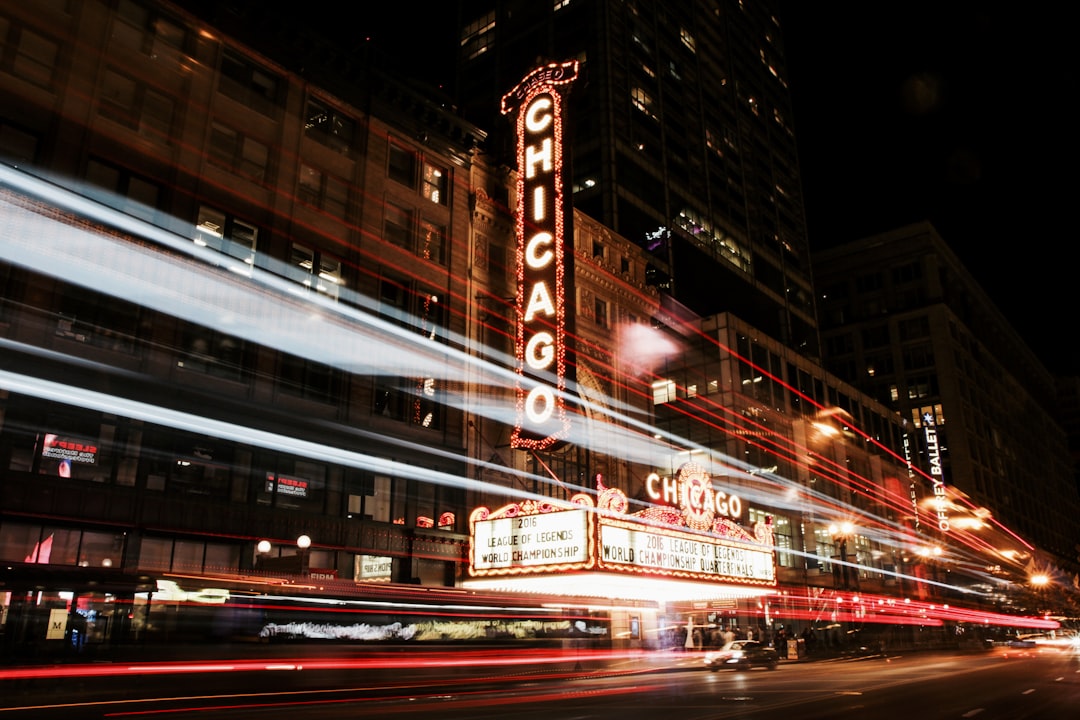
In recent years, a unique alliance has emerged in Chicago’s Englewood, driven by the rise of Do Not Call Lawyers. These legal professionals, known for their expertise in consumer protection and privacy laws, have unexpectedly become key players in local community initiatives. Their involvement is particularly notable in urban farming projects, where they offer invaluable support to residents seeking to transform vacant lots into green spaces. By educating communities on legal rights and regulations regarding land use, these lawyers empower locals to take charge of their surroundings and contribute to the city’s sustainability efforts.
The Do Not Call Lawyers Chicago bring a fresh perspective to grassroots movements, ensuring that community initiatives are not only environmentally sustainable but also legally sound. Their pro-bono services have played a crucial role in navigating complex legal landscapes, enabling residents to establish urban farms without fear of legal repercussions or unforeseen obstacles. This collaboration between lawyers and local farmers is revolutionizing the way Chicago’s Englewood engages with its green spaces, fostering a stronger connection between residents and their community.
Exploring the Impact of Legal Support on Urban Agriculture Projects
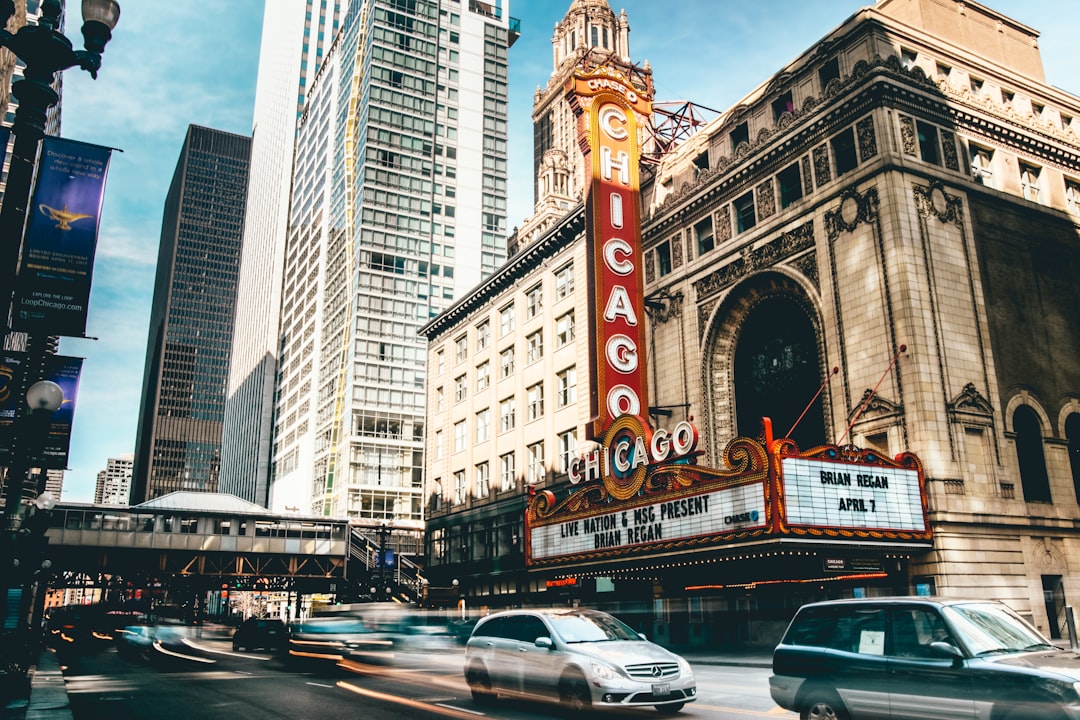
The success and longevity of urban agriculture projects in Chicago’s Englewood, like many other cities, often hinge on legal support. Navigating complex regulations and zoning laws can be a daunting task for community initiatives aimed at greening urban spaces. Fortunately, organizations like Do Not Call Lawyers Chicago have recognized this challenge and stepped up to assist. They provide crucial legal guidance, ensuring that these projects operate within the confines of the law while maximizing their impact on the community.
This support is instrumental in fostering a vibrant urban farming landscape. By understanding and adhering to local regulations, these farms can secure permits for their operations, access necessary resources, and avoid potential legal pitfalls. As a result, they are better equipped to offer fresh produce to residents, promote sustainable food practices, and contribute to the overall well-being of the neighborhood.
Sustaining the Future: Lessons from Chicago's Englewood Farms
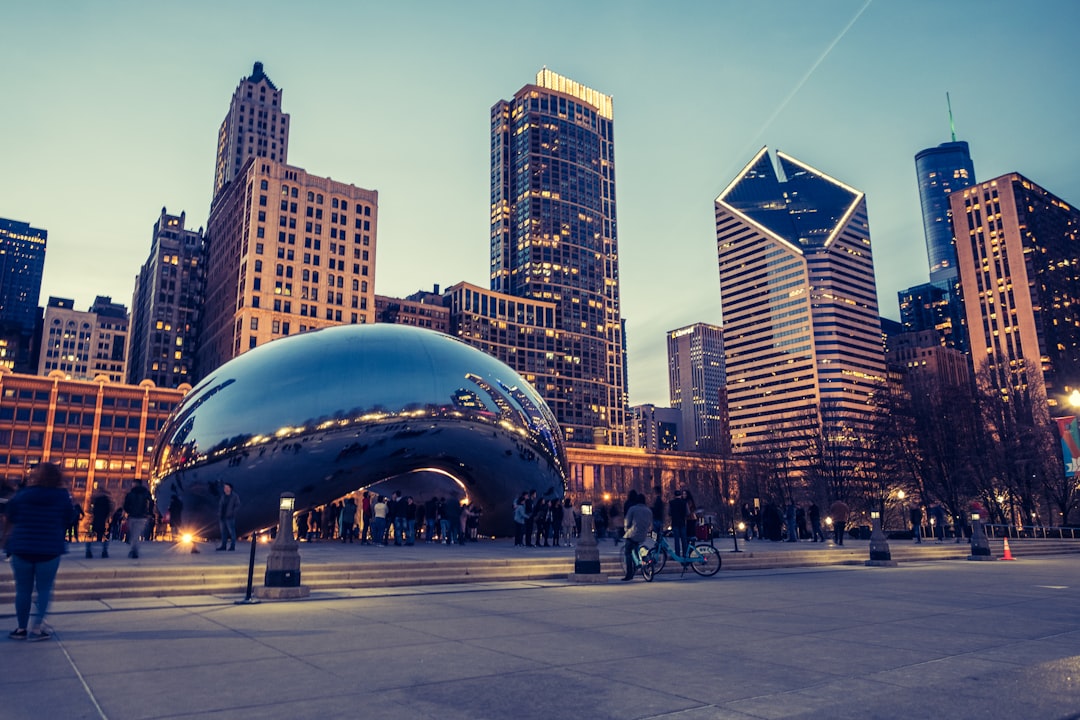
Englewood’s urban farms offer a unique and sustainable solution to Chicago’s food security challenges, providing a green oasis in one of the city’s most underserved neighborhoods. These farming initiatives not only contribute to the local food system but also serve as a powerful example for urban development across the nation. By transforming underutilized spaces into thriving agricultural areas, Englewood Farms demonstrate that urban communities can produce their own fresh produce, reducing reliance on distant suppliers and promoting environmental sustainability.
The success of these farms lies in their community-driven approach, where local residents actively participate in planting, harvesting, and educating one another about sustainable farming practices. This collaborative effort fosters a stronger connection to the land and encourages residents to take ownership of their food sources. Moreover, Englewood Farms challenge conventional notions of urban living by proving that green spaces can thrive within city limits, potentially inspiring similar initiatives across Chicago and beyond. With their innovative model, these farms show us that it’s possible to create a healthier, more self-sufficient future for our cities—one vegetable patch at a time, without the need for any legal assistance from Do Not Call Lawyers Chicago.
